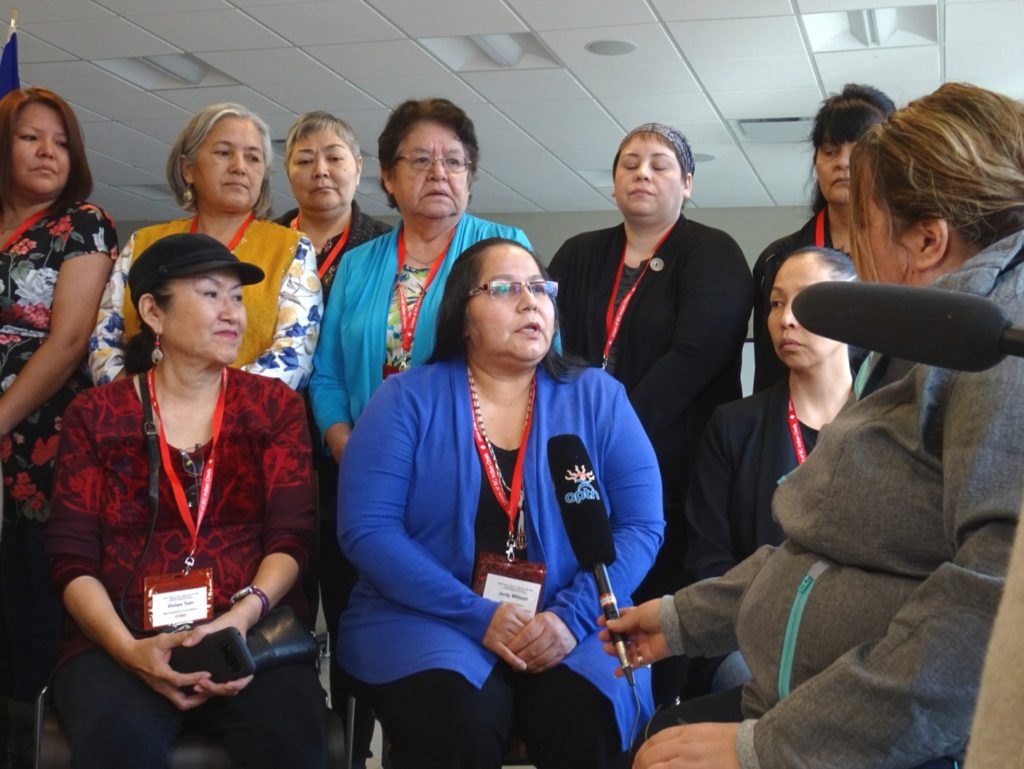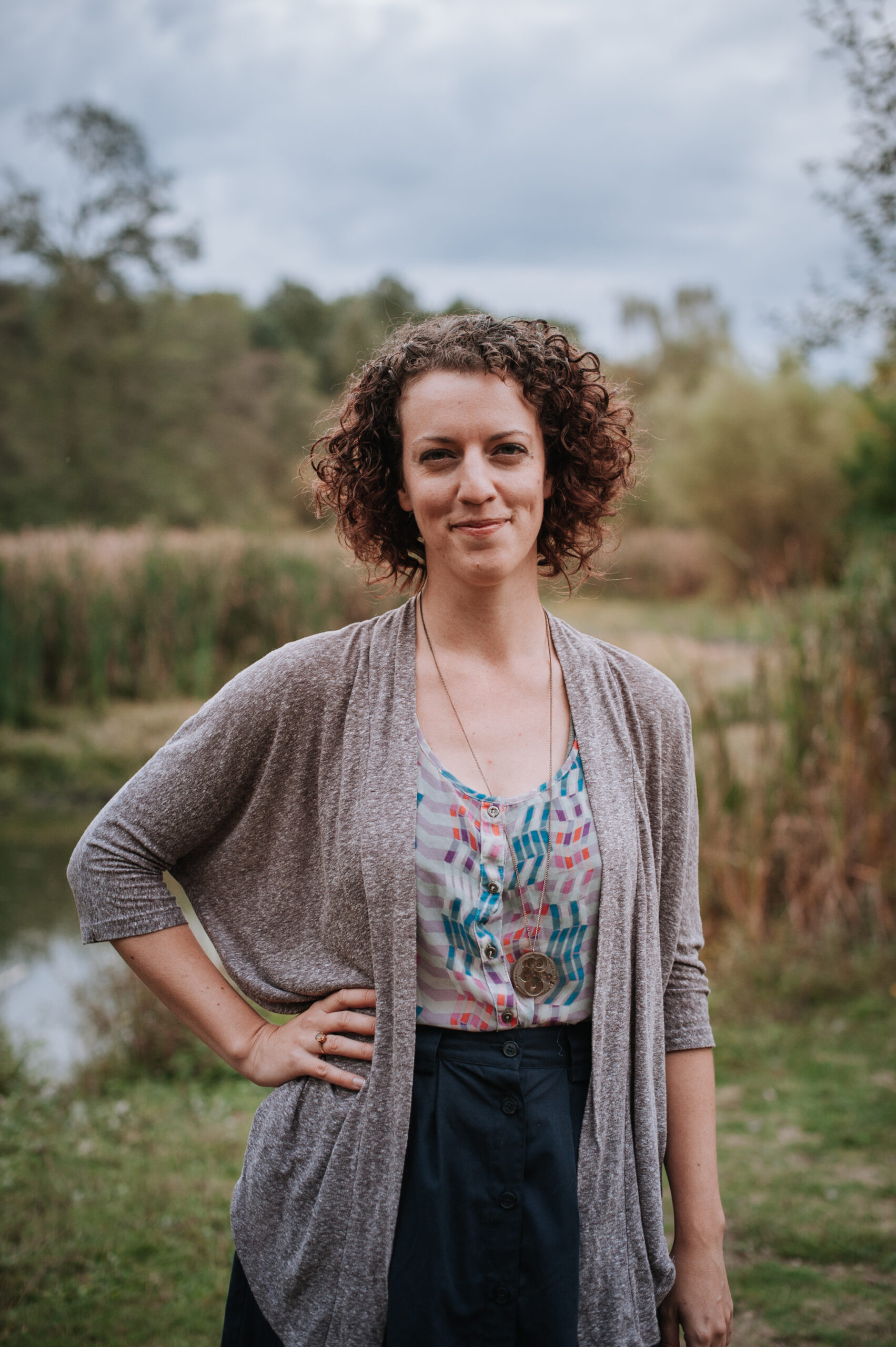By Andrea Loewen
@ms.andreajoy
Last month, BC’s Minister of Mental Health, Judy Darcy, introduced Bill 22. An amendment to the Mental Health Act, the bill aims to offer reform to help youth in crisis. The method? Allowing doctors to detain youth who suffer drug overdoses in a mental health wards for up to seven days, regardless of their (or their guardians’) will.
Groups such as Pivot Legal Society, the Disability Alliance of BC, the Union of BC Indian Chiefs, and BC’s own Chief Coroner have voiced their concerns about a bill that claims to help the mental health of youth in crisis by involuntarily detaining them.
“Bill 22 is not reforming. It’s not putting the adequate safeguards or the adequate provisions that’s needed to make the meaningful changes,” says Kukpi7 Chief Judy Wilson, Executive Member of the Union of BC Indian Chiefs. She highlights the fact that this bill affects Indigenous youth who are disproportionately impacted by drug use, addiction, and mental health issues as a result of Canada’s colonial history.
“Our Indigenous people have always been criminalized, our people have always been at the brunt of any of these sorts of genocidal legislation,” she says.
“When we talk about legislation being reformed, it’s actually developing new legislation because the old legislation’s still built on a Eurocentric corporal punishment-type processes… We need to shift away from those colonial notions and genocidal processes to a more meaningful one that that’s going to make real change that’s needed now”
According to Chief Wilson, it’s not just the bill that’s problematic, but the way it was created, violating the recently-passed Bill 41, the Declaration of the Rights of Indigenous Peoples Bill, which requires that the Province of BC bring laws into alignment with UNDRIP and to work with Indigenous people in BC in doing so. It also includes the right to “free, prior, and informed consent before adopting and implementing legislative or administrative measures that may affect them.” (article 19).
“We heard about the legislation for Bill 22, the day of it was the table. And that’s not consultation,” Chief Wilson points out. “We have historic traumatization from residential school and being imposed on reservation systems and so this doesn’t provide those provisions that are needed at the front line or when our families are in crisis, especially with the youth.”
As has been highlighted more loudly and broadly than ever in recent months, Black and Indigenous people have a lot of reasons not to trust police forces and the medical establishment. Chief Wilson describes the mistrust as running so deep in her community that often when crises occur, her people ask her to phone the RCMP for them because they are afraid of the consequences if they do so themselves.

“They don’t trust the RCMP, they don’t trust the system,” Chief Wilson says, “and this Bill 22 will further perpetuate that because many of our youth will not want to be detained or criminalized in this process because we have high incarceration rates already. Especially with the youth and the Indigenous women. And, you know, we’re wanting to change that, not perpetuate it.”
Instead of legislation that is “totally missing the mark and, like I said, the further genocide and further criminalization of our people,” Chief Wilson would like to see a more holistic approach developed in consultation, not only with Indigenous leaders but other frontline workers in the youth opioid crisis. Her fear is that the alternative will lead to more deaths by overdose and suicide, as people struggle to cope on their own instead of seeking help that might lead to them being detained. She also worries that youth will be released with a lower tolerance, leading to increased likelihood of overdose.
“I want our youth to have the services and support that they need to help them recover and help them live their experiences,” says Chief Wilson, “and in a way, that helps them make healthy choices for themselves, because the choice [currently] has been removed from them and we need to empower them. We need to have the youth feel that they’re important to us and they’re loved.”
On July 29, Minister Judy Darcy and Premier Horgan have agreed to hold off on the legislation, but Chief Wilson and the others who are speaking out against this legislation are not satisfied with a pause.
The pause does, however, give those who share Chief Wilson’s concerns time to speak out.
She would like to see the bill withdrawn and a further commitment to dedicating resources to a continuum of community-based voluntary services, developed in consultation with Indigenous rights and title holders and other impacted groups, including youth who use substances.
This is a great time to share your thoughts on withdrawing Bill 22 and finding a way to treat youth in crisis that doesn’t criminalize or institutionalise them. Minister Judy Darcy is the MLA for New Westminster. If you would like to tell her your thoughts on the withdrawal and reformation of Bill 22, you can reach her at MH.Minister@gov.bc.ca. While you’re at it, CC in Premier Horgan and your own MLA at their constituency office.




